[dropcaps]L[/dropcaps]adies and gentlemen, there is an epidemic in the world of books that must be addressed. There have been a few souls that have ventured to talk about this topic before, and now at Girls in Capes we will do the same. It’s time to address the scantily-clad elephant in the room and talk about the depiction of women in fantasy novels.
There’s something to be said about the fact that women, even in fantasy novels, are given the same tired, overused roles – and that ‘something’ is: this is getting ridiculous. From video game character designs to movie roles, women have been under-represented – or, if they are represented at all, it’s in the form of exhausted tropes that writers (both male and female alike) use because, apparently, it’s too difficult to think of female characters as people or complex beings in general.
(Hitflix, for the record, has a hilarious guide to writing female characters in ‘6 easy steps’ that you can read here for fun.)
This mental obstacle translates into fiction as well. Fantasy novels are about imagining the impossible, about dreaming up something big and grand and creating characters and sometimes even whole worlds that your readers can immerse themselves in. Apparently, imagining women as something other than “the damsel in distress,” “the bitch queen,” or “the whore/slut/prostitute” is still too far out of reach for most fantasy novelists.
It’s a shame that this pattern continues to appear throughout the fantasy genre, especially when it’s assumed that more and more writers (and people in general) are becoming aware of tropes, stereotypes, and ugly assumptions about certain minorities that you should generally stay away from. Not to mention the fact that, in a genre where you can create entire worlds and cultures, it’s a real damn shame that a lot of authors still relegate their female characters to one-dimensional props – or they’re few and far between to begin with.
So what are the usual female character tropes? As mentioned earlier, the damsel in distress is a big one, but that one’s been around for a while and so it’s nothing new. Another trope that’s rising in popularity is that of the bitch queen. Call it the ‘mean girl’ trope of the fantasy genre, if you will. The bitch queen (whom I’ll start referring to as the BQ so I can stop using that word) is exactly that: the alpha female, all scorn and manipulation with seemingly no emotional attachment to anything because she’s just so obsessed with having power that she can’t be bothered to waste time on silly things like family and friends.
For example, Cersei Lannister — though more developed in that her emotional distance is explained through backstory of how her father sold her off in an unhappy and abusive political marriage — is arguably the most well known BQ today due to the popularity of Game of Thrones. There’s also Jadis, or the White Witch from The Chronicles of Narnia. Though these are children’s books, Jadis embodies the BQ trope perfectly: she’s evil without reason or rationalization. She just is a horrible person, and as the reader you’re simply expected to hate her.
[dropcaps]T[/dropcaps]his is a tricky trope, though: sometimes the BQ manipulates and holds some semblance of power over her husband, the king. So isn’t that empowering?
It depends. Is the character fleshed out? Is she interesting? Does she have her own motivations and code of morals? Does she have an engrossing backstory – or any backstory at all? Do you know anything about her other than her name and whom she’s married to?
If not, then she’s just there to serve a purpose, to be a pawn that the author can move around the chessboard at will and cause problems for others without worrying about a silly thing like characterization. In reality, it’s not all that empowering to have the literary equivalent of a piece of cardboard with a Sharpied angry face on it represent your gender in novels that are, for the most part, male-dominated.
Another trope that tends to rear its ugly head a lot is that of the whore/slut (yeah, these names aren’t all that nice, are they?). This one’s different too, because when I use the phrase ‘whore’ I don’t mean that this particular character sleeps around a lot in the novel and thus earned herself said title. Far from it.
When I refer to the whore stereotype, I mean that other male characters frequently refer to the female character as a whore; a slut; a strumpet; a hussy; whatever other female sexually negative words are appropriate for the author’s fantasy world.
I’m not sure why this is a popular trend for male characters to do in fantasy: does it make them feel more masculine? Does it ensure their dominance over the women they interact with? Are they trying to remind the reader of how manly these men are because Hey, look, we refer to all these women not by name, but by gendered slur. How masculine. Wanna see me flex my muscles next?
[blocktext align=”center”]Does it sound ridiculous? Good. Because it should.[/blocktext]
As the resident fantasy reviewer for Girls in Capes, I find myself rolling my eyes at a lot of the books I review, particularly in the high fantasy genre, because high fantasy is really where a lot of the negative aspects of the treatment of women in fiction are highlighted. Anyone who’s read or watched Game of Thrones knows what I’m talking about: you have a rich cast of characters, yet the women are always the victim of some kind of physical/verbal abuse or sexual assault – or straight-up rape.
Why? WHY? Isn’t fantasy where readers are supposed to go to get away from reality? Why bring real-world horrors, horrors that women are still victim of and living in fear of, and make them key components of your female characters’ lives and histories? Is the well of creativity really that starved?
There are other hypotheticals, too. Why are women, even in stories that take place in entirely fictional universes, mostly relegated to second-class citizens in a genre where societal expectations don’t apply? When an author creates a world’s culture and political system from the ground up, why do the women get the short end of the stick? Where are the fantasy novels with women rulers, with women politicians and women knights? Why is the idea of a dragon or a unicorn or a vampire-werewolf-mermaid hybrid more ‘acceptable’ than a woman ruling over a kingdom on her own or wielding a sword?
Have writers become that lazy, and if so, do we as readers have a responsibility to demand better for ourselves? Certainly the latter has been happening with more frequency as of late. For example, We Need Diverse Books launched a Twitter hashtag of the same name in the spring of 2014, addressing the need for more diversity and representation for non-majority characters in children’s literature. The movement subsequently spilled over into other genres – I myself follow the Tumblr blog YA Flash where they regularly recommend different young adult titles that feature any number of minority characters, from people of color to LGBTQ characters.
I once had a conversation with someone (hi, Dad) who made the argument that writers shouldn’t write with an agenda. Except it’s not about having an agenda: it’s about representing reality. And the reality is that women are not simply background cut-outs in the world anymore. We have women presidents like Corazon Aquino (first female President of the Philippines); we have women scientists like Marie Curie (first woman to win the Nobel Prize); we have women entertainers like Aretha Franklin (first woman to be inducted in the Rock and Roll Hall of Fame); we have women politicians like Indira Gandhi (the world’s longest-serving female Prime Minister, with no relation to that Gandhi).
And that’s all just within the last hundred years. Imagine what women can do in the next hundred. Imagine what we can do in fantasy novels.
Imagine if we were actually given the chance.
—
Gabby Taub, the Fantasy Reviewer at Girls in Capes, is a recent graduate of New York University. She enjoys reading, writing, watching TV, and spending time getting lost among the bookshelves at Strand Bookstore.
Read about more Women in Capes in a previous Editor’s Letter. You can also read about how middle grade and young adult fantasy series Protector of the Small prepares girl readers for the future (in a pretty depressing way, we admit).
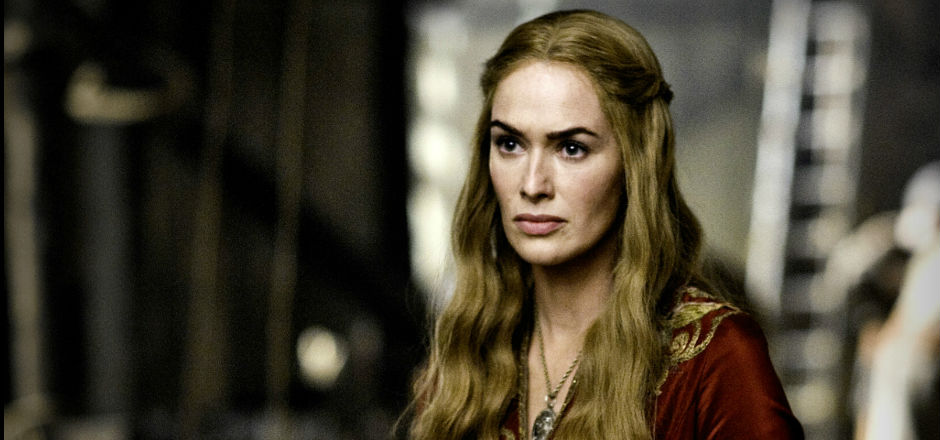

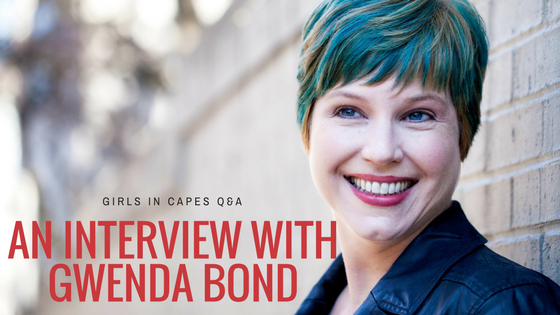
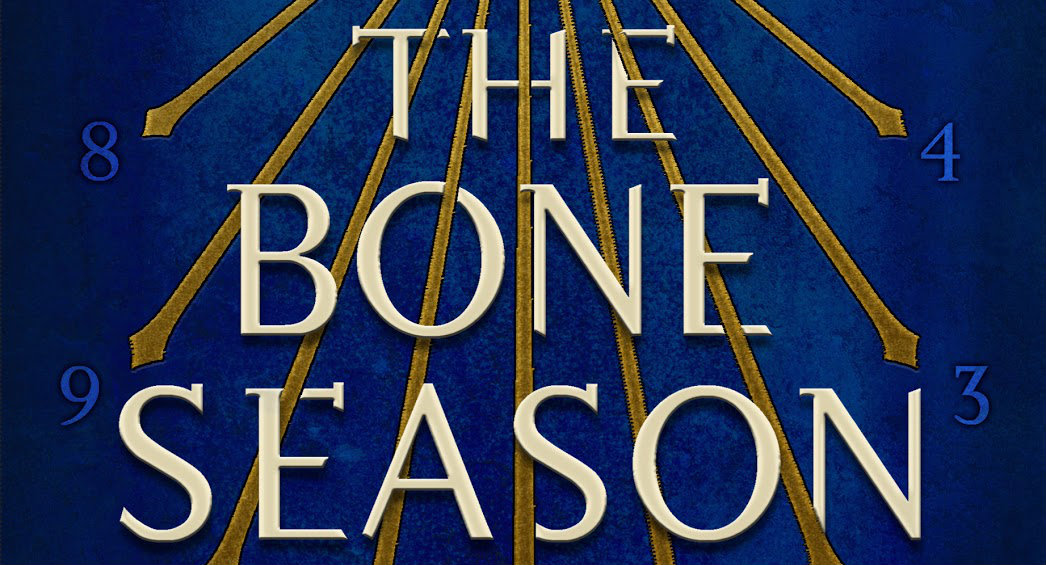
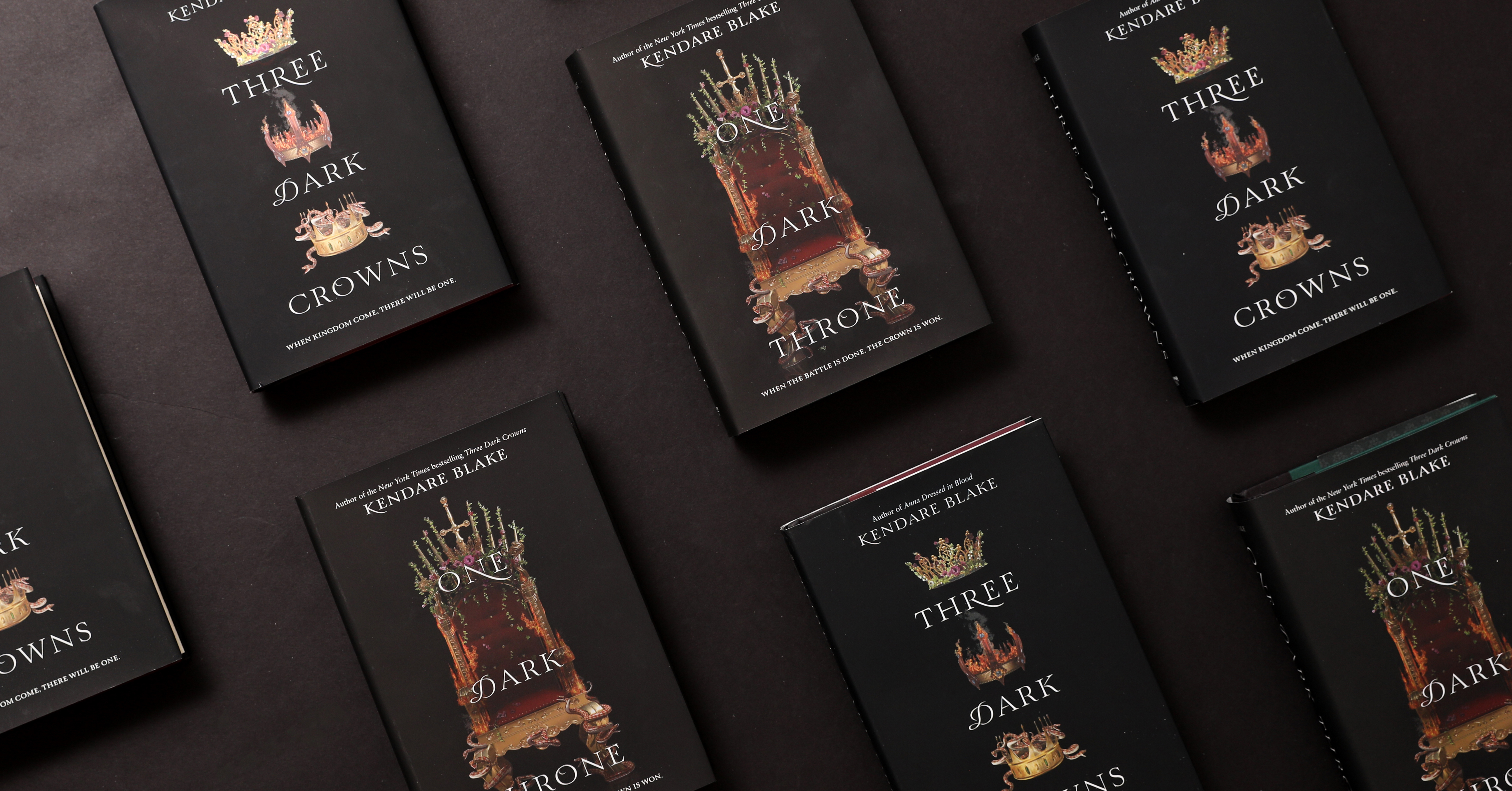
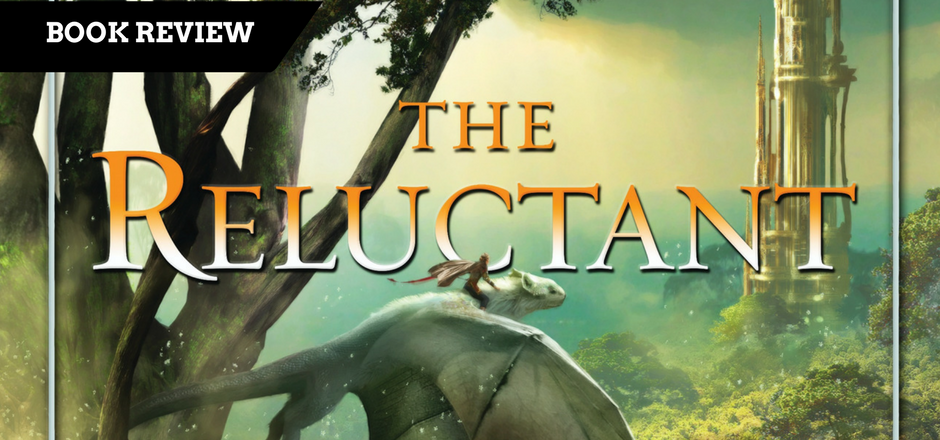

The book I’m reading now has several damsels in distress and the only female character with any sensibility is roaming around in Bitch Queen territory. I wish writers wouldn’t be so lazy about characterization.
Brienne of Tarth, Arya Stark, Asha Greyjoy, Daenerys Targaryen, Arianne Martell: all strong female “A Song of Ice and Fire” characters with rich, compelling backstories who defy these tropes in various ways. This is a worthy and interesting topic, but it’s not fair to lump ASOIAF in with other fantasy series as lacking diverse female characters.
I wasn’t lumping all of ASOIAF in with other fantasy series that lack diverse women – I was using the sole example of Cersei Lannister to describe the trope of the “bitch queen,” seeing as Game of Thrones is a fantasy series with arguably the most pop culture visibility today due to the success of the TV show. She’s a much more recognizable name than, say, Argante from The Falcon Throne, who also fits the trope but is a much lesser-known character from a lesser-known series.
TL;DR – Cersei was an isolated character example that I used; I never said anything about ASOIAF as a whole.
Cersei is actually one of the best characters in ASOIAF. The “bitch queen” trope is a foil, and the more you delve into who she is, the more you see that she’s a character to feel horribly sympathetic to. The woman who was always treated less than her twin brother, though they could have traded places anytime. The girl who was forced into an abusive marriage and treated like cattle and a brood mare, though she dreamed of marrying another (No, I’m not talking about Jaime, and I won’t say if you don’t want spoilers). She loves her children because they are literally all that she has. She uses her sexuality as a weapon because she never got the chance to use anything else. Her circumstances, on top of her pride and ambition, drove her to her rash decisions and madness, and ultimately, we see her go on a steady downward spiral for it.
GRRM was faithful to history in his books with his portrayal of a
horribly patriarchial society (which is cringeworthy to read, but
disgustingly true), and there are plenty of passages that seem like fanservice to male readers, but one thing about the female characters in there is that they are all reminiscent of actual historical characters in the way they rise above the brutality of their society towards their sex. However, I honestly shudder to think of what the TV series is going to do with Cersei to “punish” her for what she’s done. They don’t exactly have a great track record.